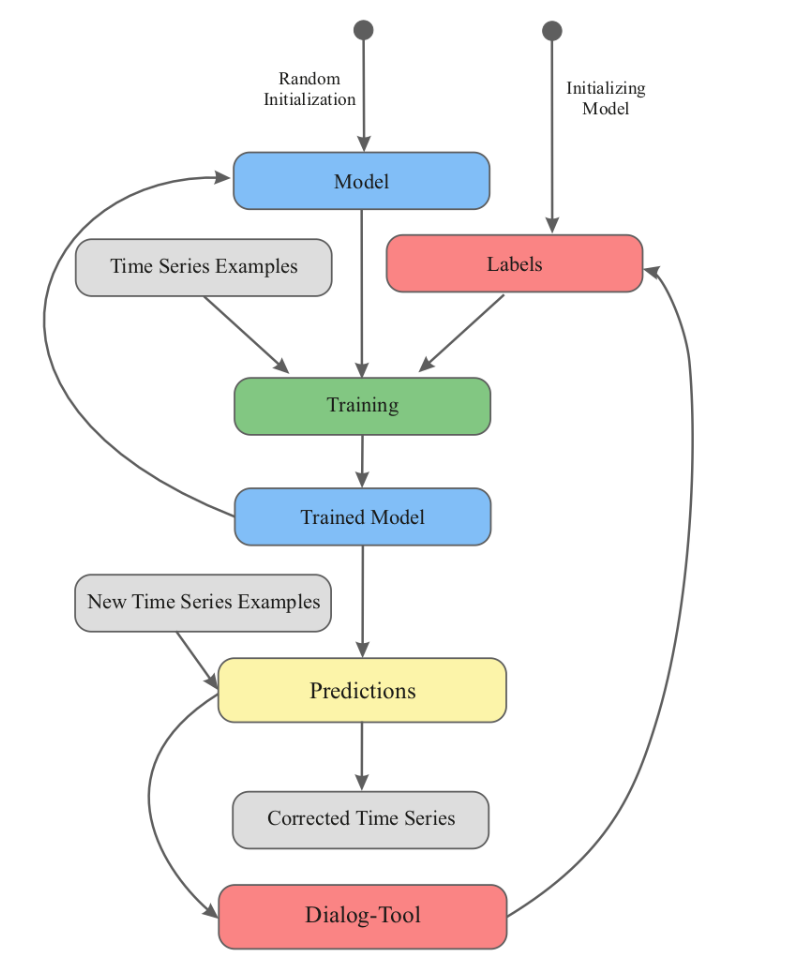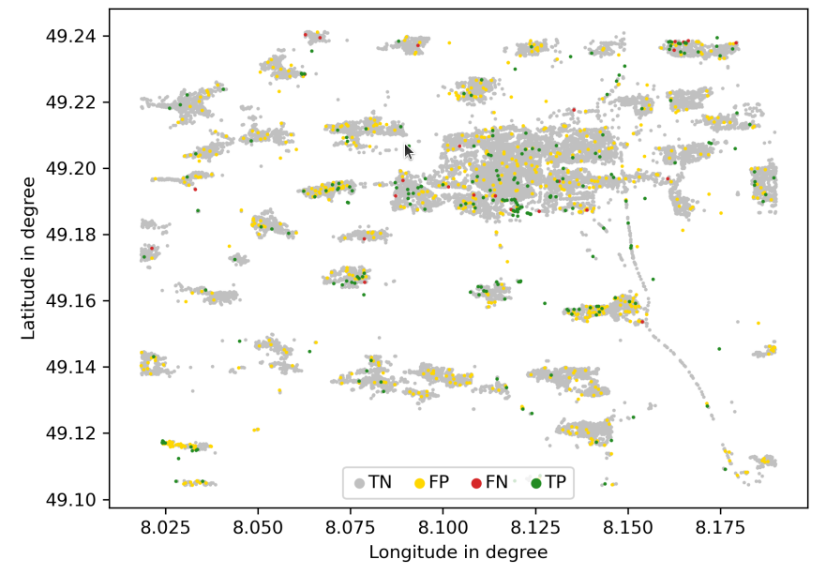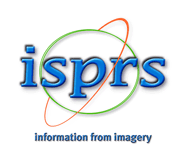ISPRS ICWG III/IVb
Remote Sensing Data Quality
Our Mission
To assist, leverage, foster and promote the development of data quality research and advent activities in all aspects of remote sensing technology operations, its sub workflows, and resulting outcomes. To encourage and assist the further development and effective utilization of remote sensing data quality standards, regulations, and best practices. To bridge the gaps and build tunnels between data producers and data-users represented by the different ISPRS Commissions and their sub-working groups that are in relation to remote sensing and/or data and quality, as well as other involved sister organizations and scientific societies and institutions.
Working Group Officers | ||
Chair | ||
 | Hussein M. Abdulmuttalib GIS Department Dubai Municipality P.O. Box 67 Dubai UNITED ARAB EMIRATES +971 50 7552294
| |
Co-Chair | ||
 | Thomas Blaschke Dept. for Geoinformatics Paris Lodron University Salzburg Schillerstr. 30 5020 Salzburg AUSTRIA +43 662 8044 7525
| |
Co-Chair | ||
 | Zsófia Kugler Dept. for Photogrammetry and Geoinformation Budapest University of Technology and Economics Műegyetem rkp. 3 H-1111 Budapest HUNGARY
| |
Secretary | ||
 | Friederike Reitze Geodetic Institute Karlsruhe Institute of Technology Englerstr. 7 76131 Karlsruhe GERMANY +49 721 608 42309
| |
Terms of Reference
- Assess and report the status of scientific development and applied practices, related to Remote Sensing Data Quality, and suggest related development plans, research works, collaborations, and activities.
- Cooperate with sister commissions/societies and WGs involved fully/partially with data quality, to assist in the further improvements of Remote Sensing Data Quality Standards and Protocols, and to promote their implementations worldwide.
- Liaise with WG IV/2 "Spatial Analysis, Spatial Statistics, Uncertainty Modeling, and Artificial Intelligence" aiming the advent of Geospatial quality in all areas of common interest.
- Conduct a theme-wise and approach-wise Inventory and classification of the elements of Remote Sensing Data Quality.
- Encourage and support scientific works that deal with the improvement of remote sensing data quality processes and workflows.
- Clarify and regulate the effects of error propagation due to acquisition, referencing, storing and archiving, processing, analyzing, reporting and other operations related to remotely sensed data, and assess the impact of different types of degraded input image quality on the application outputs.
- Clarify the quality aspects of Remote Sensing spatial data operations, resulting and inherited from raster or vector-raster operations, such as but not limited to pixel processing, segmentation, classification including deep learning, object base image analysis, image sensitivity analysis, etc.
- Encourage studying the reliability and quality measures of Remote Sensing data, in relation to the different application areas that encounter remote sensing, such as environmental monitoring and sustainability, urban planning, city smartness and quality of life, also humanitarian projects for the developing world among other areas of application.
- Assess Remote Sensing Data Quality with respect to the usage of automated major signatures of the electromagnetic spectral different phases, as much as the relations of the type to the sensors used and the area of application, coverage, visits. Sensor positions, sky clearness, etc.
- Cooperate with ISPRS Sensor Systems Commission to clarify the Remote Sensing Data Quality aspects inherited from Multispectral optical and hyperspectral sensing, Lidar, SAR microwave sensing, and their operations such as calibration and validation, orientation, navigation, Multi-sensor integration and fusion, mobile mapping, error due to cryospheric and hydrological parameters, pattern analysis, disaster assessment, and health among others.
- Organize discussion forums to investigate and thus report the aspects of Remote Sensing Data Quality for the different major areas of applications such as Meteorology, Landuse/Landcover change detection, mobile mapping, atmosphere and air quality, environmental monitoring, and agricultural mapping.
- Revise the advancements in the Quality of sub-data products, including DTMs/DSMs or DEMs, and how that affects the production, and analysis of further products, such as 3D/4D modeling and surface-based analysis.
- Initiate discussions with WGs III/1-2-3 among others to harmonize activities related to quality aspects of their specific areas of expertise.
Supporters
Prof. Barsi Árpád (Dept. of Photogrammetry and Geoinformatics - BME, Budapest, Hungary)
Dr. Szabó György (Dept. of Photogrammetry and Geoinformatics - BME, Budapest, Hungary)
ICWG III/IVb






